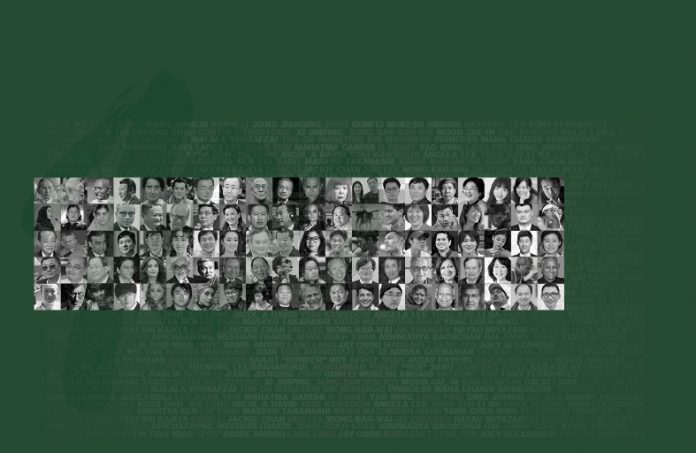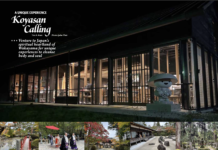Text: Joycelyn Lau and Lucien Low
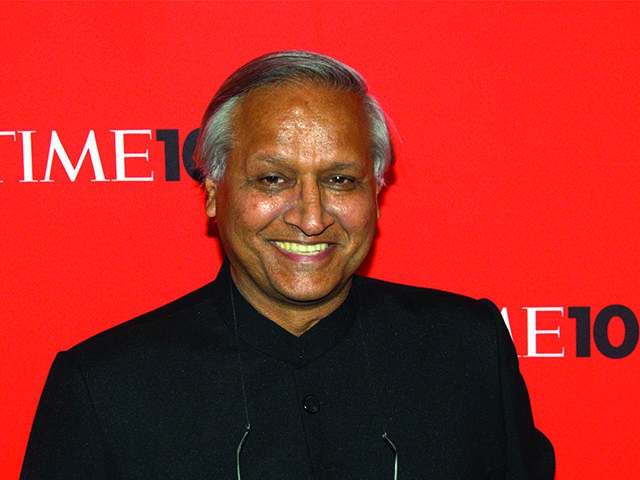
Sanjit “Bunker” Roy (b.1945), founder ofBarefoot College
India
The social activist started a school in Tilonia village, Rajasthan, to give lessons in reading, writing and accounting to rural adults and children. His work has trained more than three million people for a diverse range of jobs, including teachers, weavers, solar engineers and doctors.
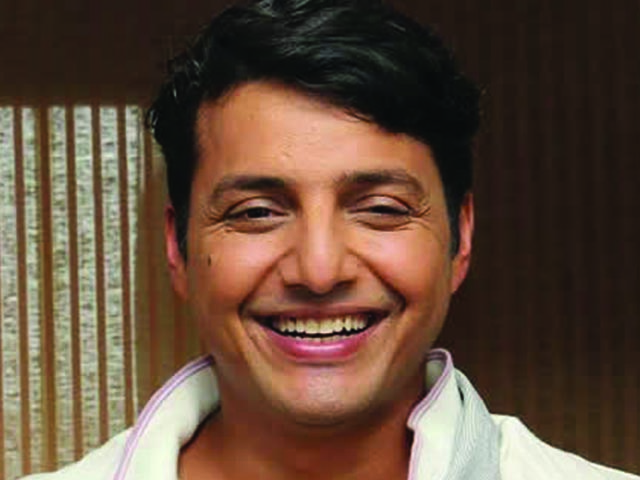
Afroz Shah (b.1984), environmental organiser
India
The young lawyer spearheaded the “world’s largest beach cleanup project” when he and a neighbour decided to manually clean up Mumbai’s notoriously dirty Versova beach, inspiring more than 12,000 people to join in. Within two years, the beach went from a shin-deep dump yard to turtle hatchery.
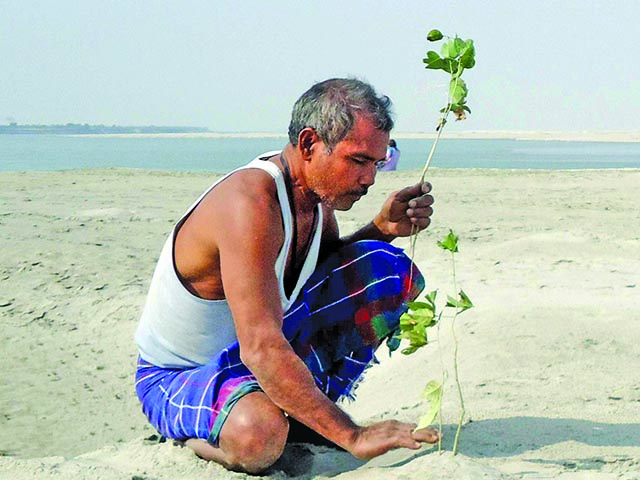
Jadav Payeng (b.1963), farmer
India
Over nearly 40 years, a farmer from a marginalised tribal community in Assam state in northeastern India single-handedly planted and tended trees on a sandbar on Brahmaputra river, turning it into a forest comprising several thousand trees and many animal species, including the Bengal tiger and Indian rhinoceros.
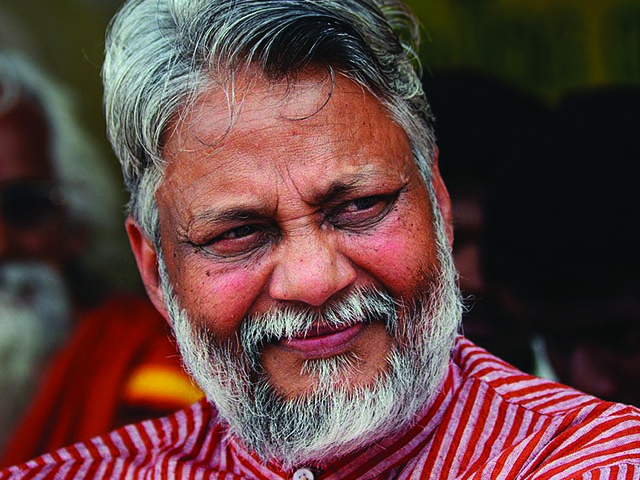
Rajendra Singh (b.1959), water conservationist
India
The recipient of the Stockholm Water Prize (2015) helps villagers harness water resources for drinking, washing and bathing. His work has helped bring water back to over 1,000 villages and revived rivers in India. In the UK, Singh founded an NGO to counter the negative effects of soil erosion and flooding.
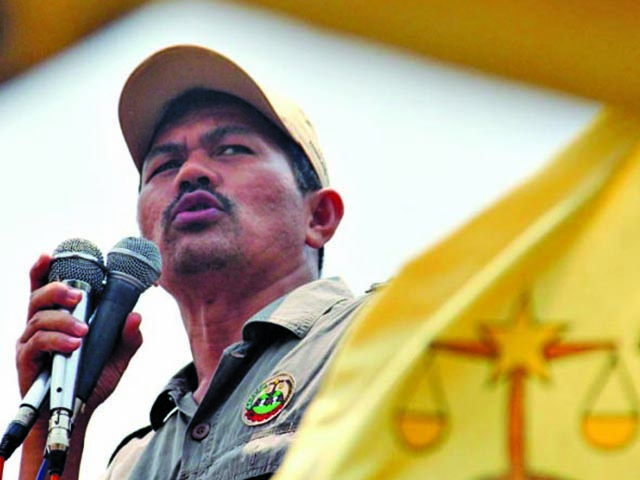
Henry Saragih (b.1964), leader of La Via Campesina
Indonesia
He heads a global movement that brings together about 20 million small-scale farmers and food workers from around the world. The group defends food sovereignty as a way of promoting social justice and dignity, and opposes corporate-driven agriculture and state-sanctioned land grabs.
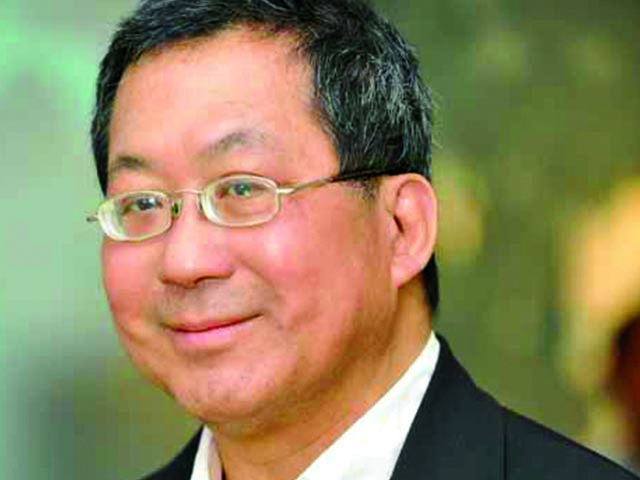
Ken Yeang (b.1948), ecological architect, Hamzah & Yeang
Malaysia
The mastermind behind bioclimatic architecture (a building approach driven by principles of ecology and sustainability)in cities around the world, Yeang has projects in major cities, which include Singapore’s National Library, India’s Spire Edge Tower and the UK’s Great Ormond Street Children’s Hospital Extension.
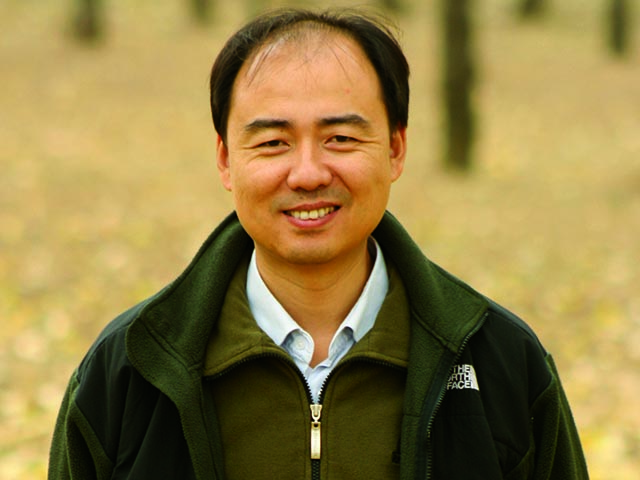
Ma Jun (b.1968), environmentalist
China
He helped develop the first public database of water pollution information in China. His book about the country’s environmental crisis, China’s Water Crisis, is compared to Rachel Carson’s Silent Spring. In 2016, he appeared in Before the Flood, a National Geographic film about climate change.
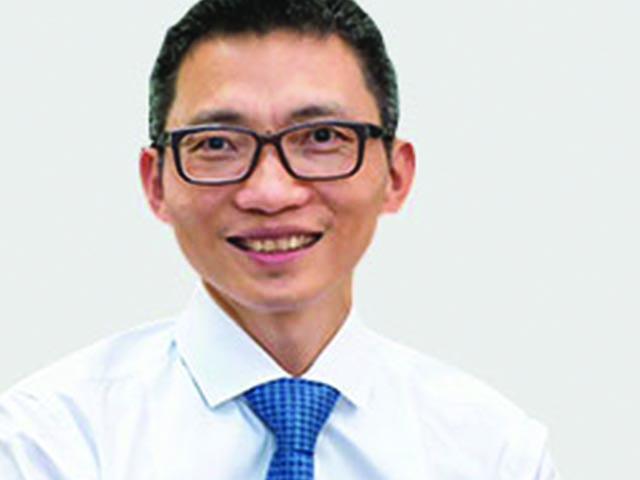
Charles Chen (b.1971), full-time philanthropist
China
The former co-founder of the tech giant Tencent now supports charitable education projects with vast amounts of his own money. Believing that education is the “ultimate answer” to social progress, he launched the Yidan Prize to recognise significant contributions to education.
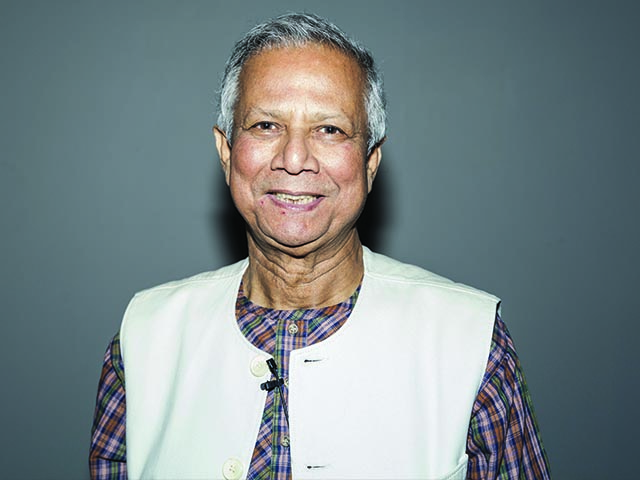
Muhammad Yunus (b.1940), founder, Grameen Bank
Bangladesh
He pioneered the concept of microfinance to help people who cannot afford traditional bank loans for their small businesses. For his work, he has received several honours, including the Nobel Peace Prize (2006) and US Presidential Medal of Freedom (2009).
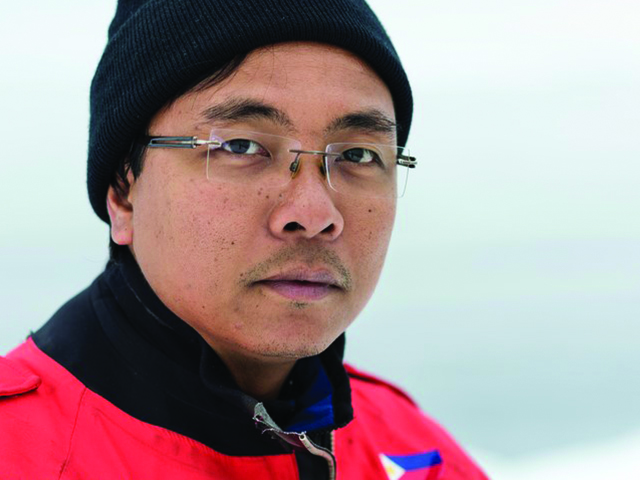
Naderev “Yeb” Saño, climate activist
Philippines
Currently the executive director of Greenpeace Southeast Asia, Saño gained global attention in 2013 when he made an emotional appeal for a climate change accord during UN climate talks in Poland, following the devastation caused by super-typhoon Haiyan in the Philippines.
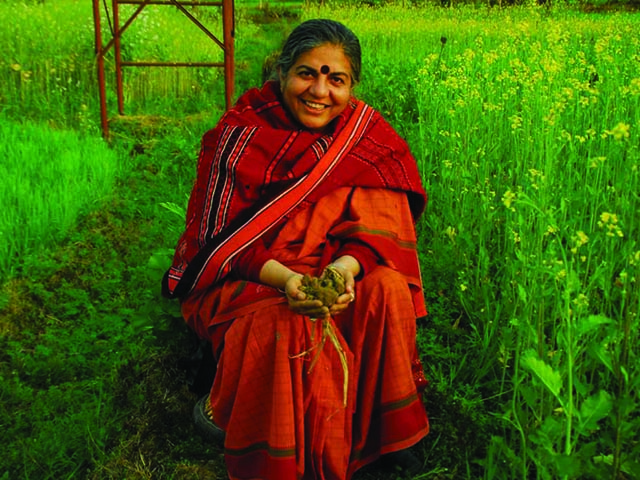
Dr Vandana Shiva (b.1952), Indian scholar and environmental activist
India
The scientist and “food sovereignty” activist’s many initiatives include organic farming and conservation of seeds, and training farmers in sustainable methods of agriculture. She has also formed over 40 seed banks in India to provide opportunities for diverse agriculture.
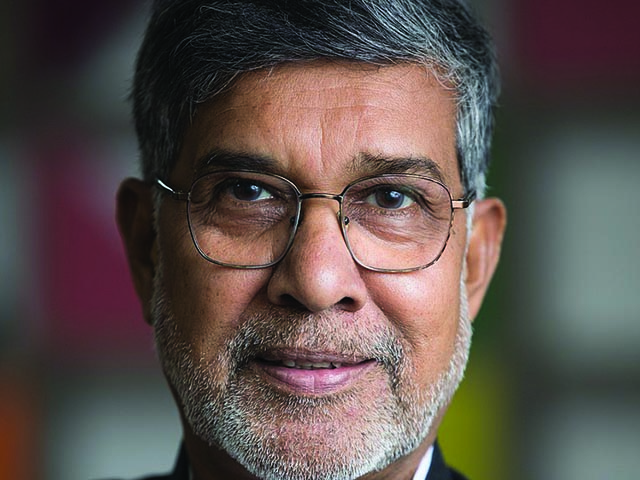
Kailash Satyarthi (b.1954), activist
India
In 1998, Satyarthi led an 80,000km-long march across 103 countries against child labour. To date, he and the Bachpan Bachao Andolan – one of the largest movements in the world against child exploitation – have liberated more than 86,000 children in India from child labour and trafficking.
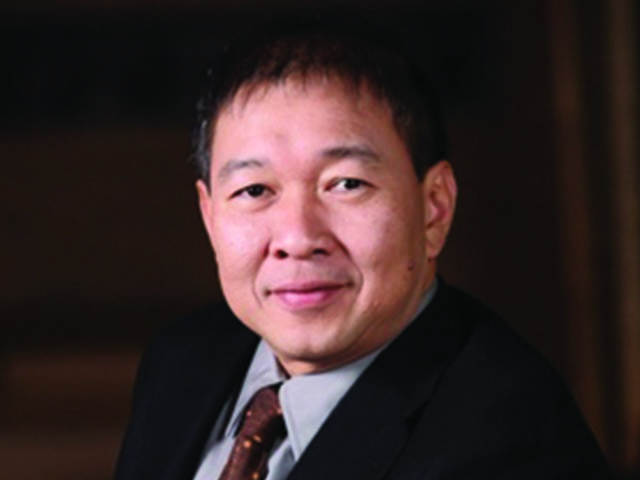
Thanong Leeissaranukul , managing director of Sittipol 1919
Thailand
The managing director of the leading auto-parts supplier is known for working closely with the Thai Red Cross – through a “direct social return” programme known as “Sittipol We Care” – in raising awareness about and encouraging organ donation.
Read the full story in issue 132 of Asian Geographic Magazine.


